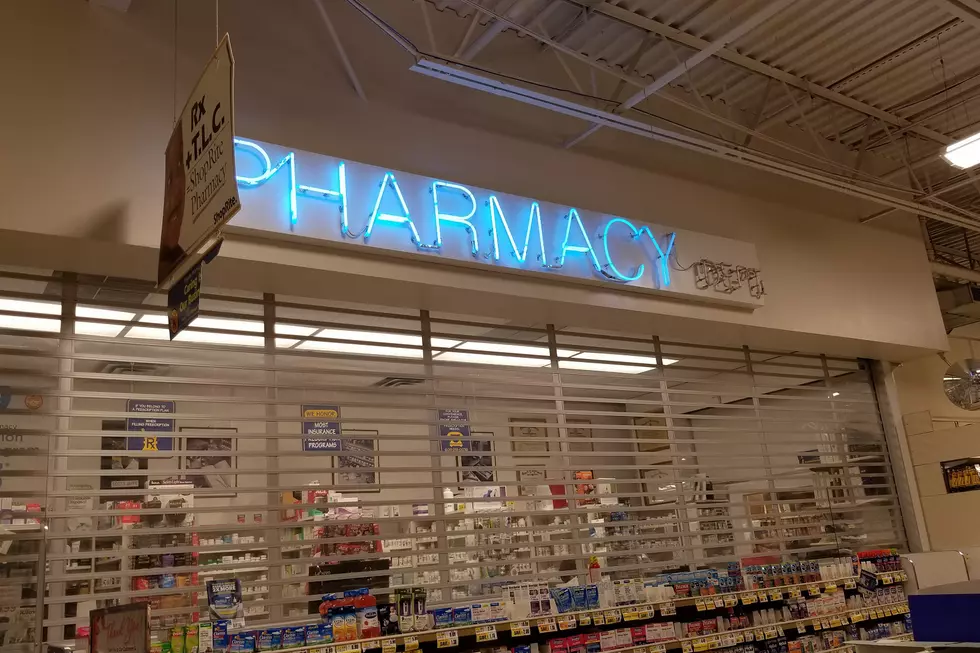
Group: How to deal with housing problem in Pennsylvania
(The Center Square) — As housing prices rise statewide, rural and urban legislators have called attention to the supply crunch that’s frustrating residents.
Now, a political coalition of left, right, and center wants state leaders to reform housing laws and regulations across Pennsylvania.
The Pennsylvania Housing Choices Coalition comprises three dozen local, regional, and state groups in the commonwealth, and it’s calling for a change in approach to how homes are built — and the process to change or kill a project.
In a press release, the coalition urged lawmakers to tackle five issues: re-legalize two-to-four unit apartment buildings across Pennsylvania; let starter homes get built on smaller parcels of land; legalize apartment and mixed-use buildings in commercial areas close to jobs; allow “granny flats,” also known as accessory dwelling units, in backyards; and streamline the approval process to remove “housing veto points.”
The changes would be a stark departure from how housing gets approved and built today. But the push may not be so radical – what’s old is new again.
“This is what America was built on,” said Aaron Zappia, director of government affairs for the Housing Alliance of Pennsylvania. “This is where your great-grandparents started their lives — and then they outlawed it.”
Affordable housing is sparse in areas that aren’t booming, “and virtually non-existent in areas of high opportunity,” he argued. A lack of housing also means a lack of a workforce.
Republicans and Democrats alike have paid more attention to housing shortages in recent years, with legislators willing to question the General Assembly’s long-standing deference to local authorities to set housing policy.
Democrats have called shortages “the elephant in the room” while Republicans have emphasized the bureaucratic headaches of the status quo as undermining economic growth. Some experts have estimated that the commonwealth has a shortage of 100,000 units. Though rising rents have been a national problem, in Pennsylvania, it takes months longer to get a house built.
For his part, Zappia is optimistic.
“We’ve never seen this much engagement, this level of bipartisan support for zoning reform ever, so that says something,” he said.
The financial pressures have made people realize housing is a statewide problem, but so has seeing a lack of housing as a fairness issue. Without more housing, fewer people can afford to live in a city or a walkable small town, and they’re farther from their family or the office.
“People’s sense of fairness is pretty sharp universally, that’s a hard point to argue with,” Zappia said. “Just the issue of you don't have an opportunity. There are artificial barriers in place to wall people out. You can work here — but you can’t live here.”
Though the housing push has garnered bipartisan support, disagreements remain.
Rep. Josh Siegel, D-Allentown, has proposed ‘gentle density’ reforms to allow up to four-unit apartment buildings in all municipalities by right and to convert shopping malls into housing. Though his shopping mall bill, House Bill 1799, survived its first consideration in committee this week, it was a mostly party-line 14-11 vote. Legislators questioned the length of its tax abatement provisions.
“These are once-in-a-lifetime redevelopment opportunities for communities, and we want to make sure they get it right,” Siegel said before the vote. “We want to make sure that municipalities are maximizing the economic development potential they get from that site and also that the community benefits in every way possible.”
Doing so, he argued, could fix the “tremendous imbalance between supply and demand” and lift up communities.
“We can choose the status quo — which has resulted in blighted, dilapidated, underutilized properties,” Siegel said. “Or we can create a more generous but strategic investment that will enable us to turn these parcels around and create true town squares.”
LOOK: Cities with the fastest-growing home prices in the Philadelphia metro area
Gallery Credit: Stacker
More From New Jersey 101.5 FM









